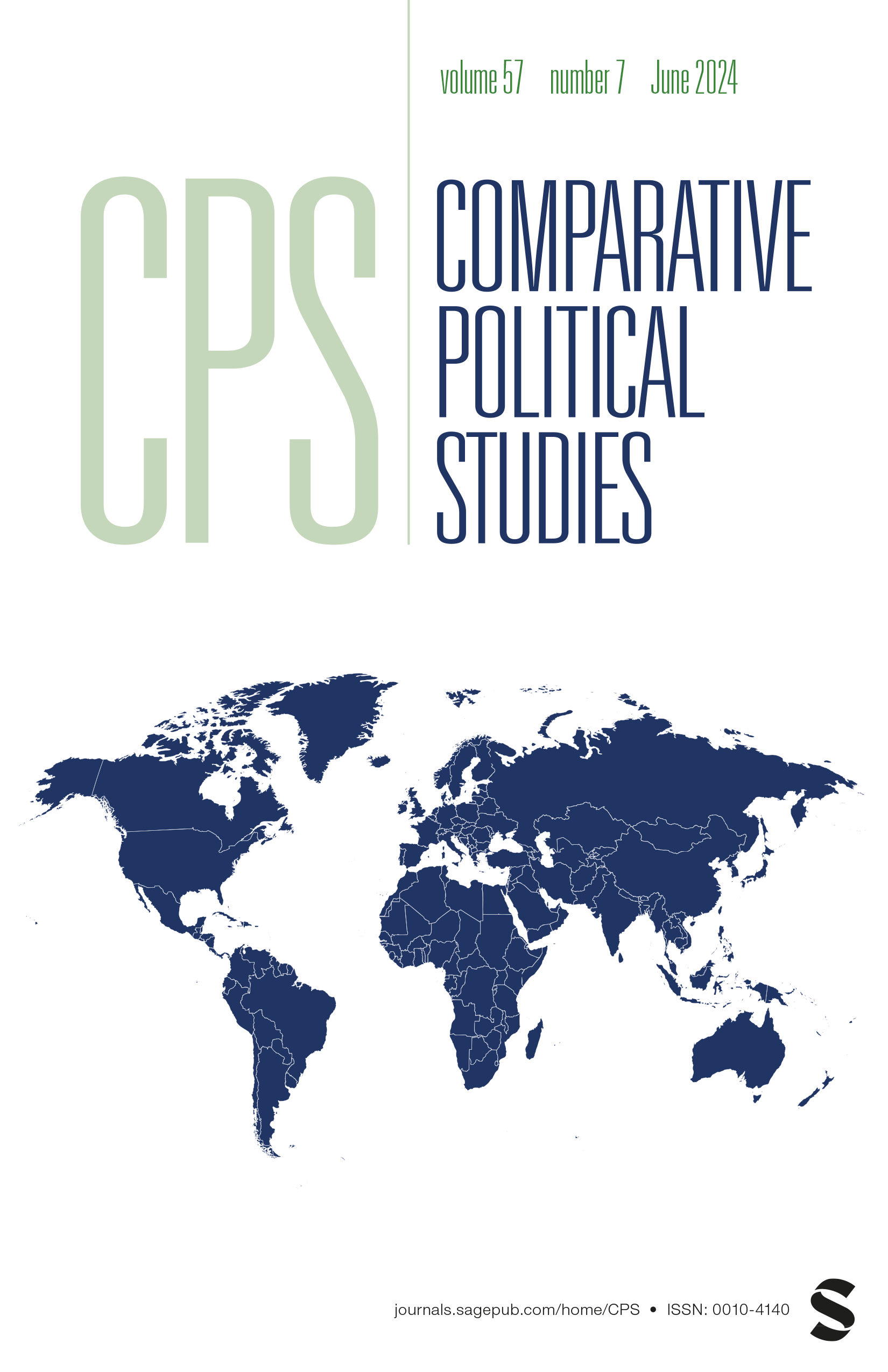The Political Effects of Witnessing State Atrocities: Evidence from the Nazi Death Marches
IF 3.4
1区 社会学
Q1 POLITICAL SCIENCE
引用次数: 3
Abstract
How does witnessing regime atrocities influence the political attitudes of bystanders? We argue that observing regime violence against innocent civilians triggers psychological dissonance between beliefs about the regime and the witnessed moral transgression. As a result, regime support should decrease among bystanders of state atrocities. We analyze original, highly disaggregated archival data from the Nazi death marches at the end of World War II, which confronted ordinary German citizens with the regime’s crimes. We find that locations with higher victim numbers had lower vote shares for right-wing nationalist parties after the war. Supporting our proposed mechanism, we show that (1) this effect was strongest when Nazi crimes were at the center of public discourse and (2) that witnessing Nazi atrocities was associated with individuals’ rejection of Hitler 20 years later. The findings have implications for understanding democratization prospects and people’s nostalgia for fallen autocrats.目睹国家暴行的政治影响——来自纳粹死亡游行的证据
目睹政权暴行如何影响旁观者的政治态度?我们认为,观察到政权对无辜平民的暴力行为会引发对政权的信仰与所目睹的道德违规之间的心理不和谐。因此,国家暴行的旁观者应该减少对政权的支持。我们分析了二战结束时纳粹死亡游行的原始、高度分类的档案数据,这些数据让普通德国公民面对纳粹政权的罪行。我们发现,战后,受害者人数较多的地区右翼民族主义政党的选票份额较低。支持我们提出的机制,我们表明:(1)当纳粹罪行成为公共话语的中心时,这种影响最强;(2)目睹纳粹暴行与20年后个人拒绝希特勒有关。这些发现对理解民主化前景和人们对逝去独裁者的怀念有着重要意义。
本文章由计算机程序翻译,如有差异,请以英文原文为准。
求助全文
约1分钟内获得全文
求助全文
来源期刊

Comparative Political Studies
POLITICAL SCIENCE-
CiteScore
8.40
自引率
4.00%
发文量
69
期刊介绍:
Comparative Political Studies is a journal of social and political science which publishes scholarly work on comparative politics at both the cross-national and intra-national levels. We are particularly interested in articles which have an innovative theoretical argument and are based on sound and original empirical research. We also encourage submissions about comparative methodology, particularly when methodological arguments are closely linked with substantive issues in the field.
 求助内容:
求助内容: 应助结果提醒方式:
应助结果提醒方式:


